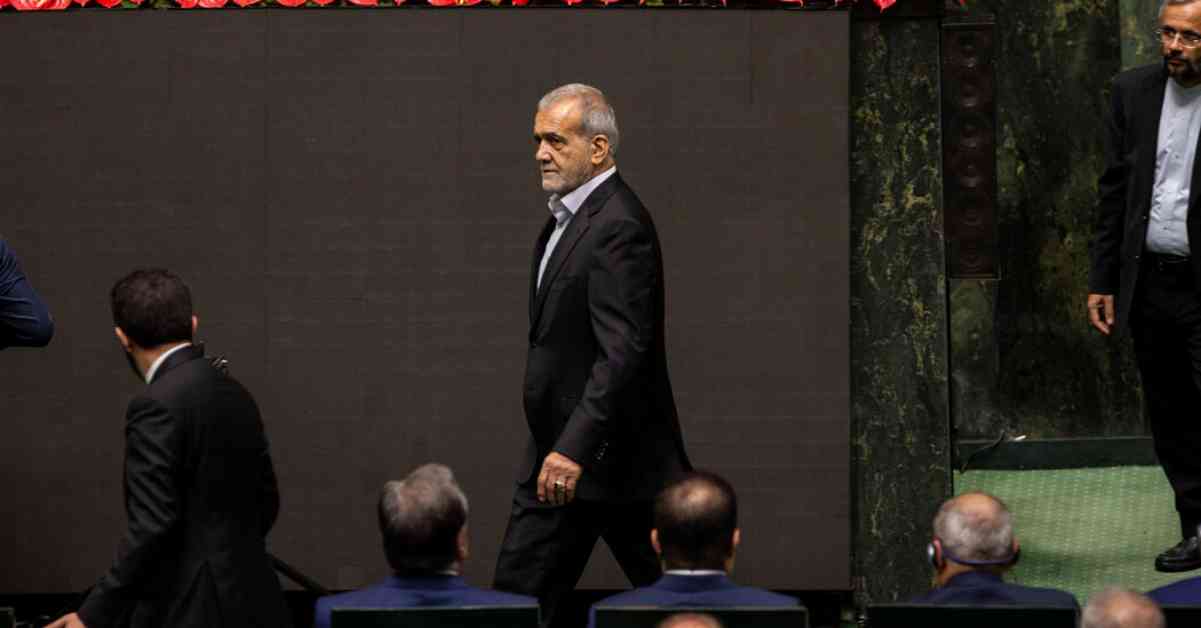The recent killing of Hamas’s political leader in Tehran has put Iran in a difficult position. President Masoud Pezeshkian, newly sworn in, is faced with making critical decisions that could potentially lead to a war with Israel. The assassination of Ismail Haniyeh, who was attending the swearing-in ceremony, has escalated tensions in the region.
President Pezeshkian has wasted no time and has already ordered Iranian forces to strike Israel directly in retaliation for the killing of Mr. Haniyeh. However, the manner in which this retaliation is carried out is crucial. Direct missile attacks could trigger a cycle of violence that could quickly spiral out of control. If Iran’s allies, such as Hezbollah or the Houthis, also join in the attacks, the conflict could spread beyond the borders of Iran and Israel.
One of the riskiest options facing Iran is whether to take the final step towards developing nuclear weapons. While Iran has come close to crossing this line in the past, American intelligence reports suggest that they have stopped short of actually building a nuclear weapon. However, recent statements from Iranian leaders indicate that they may be reconsidering this stance.
The situation in the Middle East is tense, and the decisions made by Iran in the coming days could have far-reaching consequences. The international community is watching closely to see how the situation unfolds and how it could potentially impact global security.
As tensions continue to rise in the region, it is important for all parties involved to exercise restraint and work towards a peaceful resolution to avoid further escalation of the crisis. The world is holding its breath as Iran weighs its options and the future of the Middle East hangs in the balance.


















